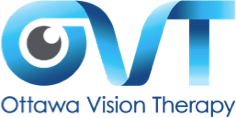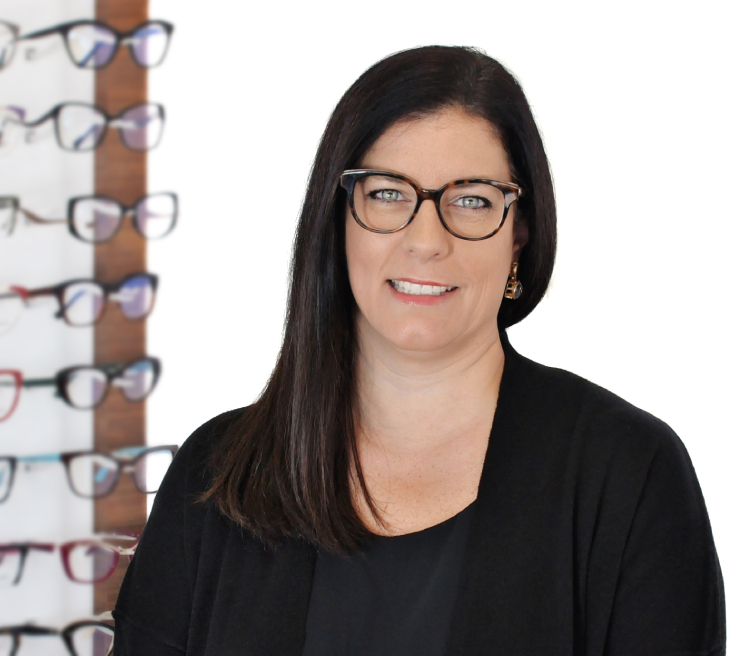Glasses and contact lenses play a dominant role in eye care, but they can’t address every visual concern, which is where vision therapy comes in.
Although vision therapy is a specialty program, the path into the office isn’t as complex as you might think. A formal referral isn’t always necessary to get an initial assessment. You can often self-refer to vision therapy or get a medical referral.
The choice between seeking a medical referral first or contacting a vision therapy clinic directly depends on your personal preferences, insurance requirements, and specific circumstances.
Your journey toward better visual function can begin with a simple phone call or online booking.
A Closer Look at Vision Therapy Referrals
Vision therapy is a program that focuses on improving visual skills. Why? Because vision is dynamic. It’s more than just seeing. Strong, healthy vision means processing and interpreting your surroundings—something that requires your visual system (eyes and brain) to work harmoniously together.
Most Canadian vision therapy clinics operate on an open-access model, meaning you can contact them directly without needing a formal referral from your healthcare provider. The clinic itself conducts its own comprehensive assessment to determine whether vision therapy is appropriate for your needs.
However, referrals still play an important role in the process. When a healthcare provider refers you for vision therapy, they’ve already identified potential visual concerns that could benefit from this treatment. This professional insight can help streamline your initial assessment and provide valuable background information to your vision therapist.
Vision Therapy: Self-Referrals
Self-referring for vision therapy is straightforward and empowering. You can contact a vision therapy clinic directly to schedule an initial consultation, an approach that works well if you’ve noticed specific symptoms or challenges that suggest visual processing difficulties.
These common symptoms might include:
- Difficulty with reading comprehension
- Frequent headaches during visual tasks
- Poor performance in sports or physical activities
- Challenges with depth perception or poor eye coordination
- Children might show signs like avoiding reading, covering one eye, or experiencing fatigue during homework.
When you self-refer, the vision therapy clinic will typically schedule a comprehensive visual assessment. This helps them determine whether vision therapy is right for you and sets a baseline for the progression you will make in the program.

Vision Therapy: Benefits of Medical Referrals
It’s not a requirement, but medical referrals to this program do come with several advantages. When your family doctor, optometrist, or ophthalmologist refers you for vision therapy, they provide written documentation of your visual concerns. This referral can include relevant medical history, previous treatments, and specific observations about your visual function.
Medical professionals often refer patients after ruling out other potential causes of visual symptoms. For example, if you’re experiencing headaches, your doctor might eliminate other medical causes before suggesting vision therapy for potential eye strain or visual processing issues. Most vision therapy clinics, including Ottawa Vision Therapy, also require an up-to-date eye exam before conducting an assessment.
Referrals can also be important for insurance purposes. Some extended health insurance plans require a medical referral before covering vision therapy services, while some others may not include coverage at all. Each plan is different, so check with your insurance provider to understand the details of your coverage.
Even without the benefit of insurance coverage, many people find vision therapy to be a worthwhile investment. The improvements in visual function, academic performance, and quality of life often justify the cost.
At the end of the day, barriers to accessing quality health care put communities at a disadvantage. Many vision therapy clinics offer payment plans or other options to make treatment more accessible.
The Initial Assessment Process
Regardless of how you arrive at vision therapy—through referral or self-referral—your journey begins with a comprehensive assessment. This evaluation is much more detailed than a routine eye exam and typically takes 1 to 2 hours to complete.
During the assessment, an optometrist aided by a vision therapist will evaluate various aspects of your visual system, which includes:
- How well your eyes work together
- Your ability to focus at different distances
- Your eye tracking skills
- Visual perception
- Visual memory
- Visual processing speed
The optometrist or therapist will ask about your symptoms, daily challenges, and goals for treatment. They’ll want to understand how visual difficulties affect your work, school, or daily activities. This information helps create a personal treatment plan that addresses your specific needs and objectives.
Take a Chance on Vision Therapy
Vision therapy is a fantastic program for those who benefit from it, effectively addressing a wide range of issues, from basic eye coordination to complex visual processing challenges.
If anyone on your healthcare team has recommended vision therapy, or if your symptoms progress despite updating your vision prescription, it might be time to explore vision therapy. Seeking an assessment doesn’t mean committing to treatment.
Connect with our Ottawa Vision Therapy team to book an appointment for your initial consultation. No matter how you arrive at our clinic—by a formal or self-referral— you’re making an investment in your visual health.




